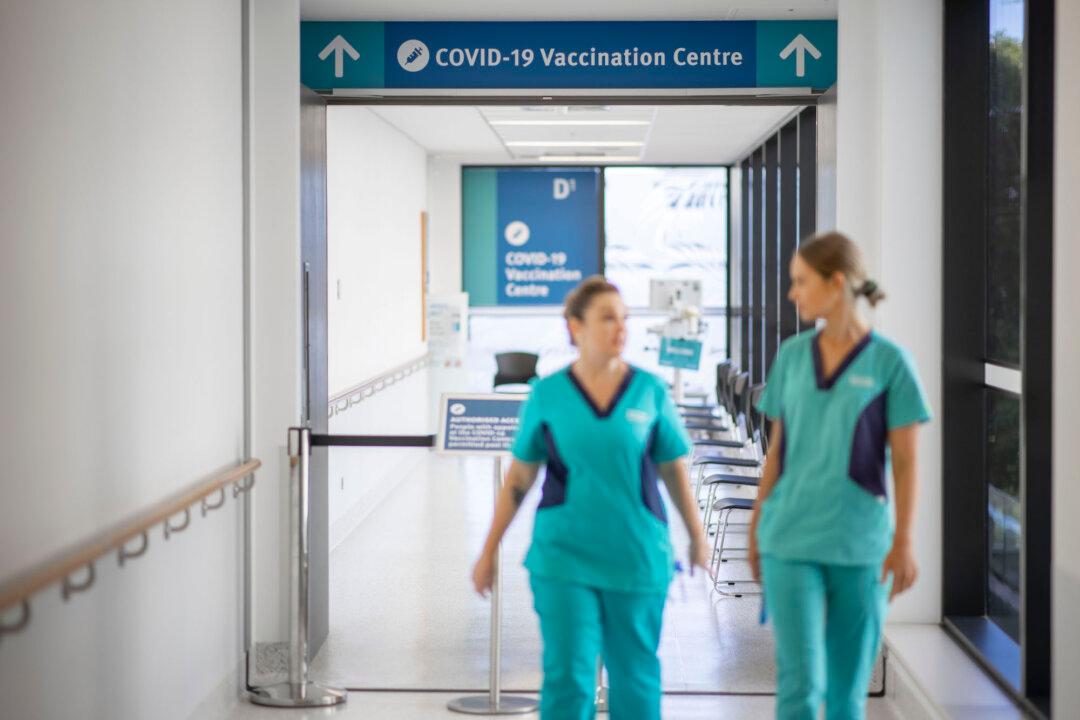St. Louis University (SLU) released a letter on June 8, declaring that the COVID-19 vaccine will be required for all students, faculty, and staff who will be returning to campus in the fall of 2021. This document noted the decline in cases and called the current era a “time for rejuvenation.”
The letter, written by the school’s President Fred Pestello, reads: “I asked a representative working group of 13 faculty, staff and students to assess whether we should require COVID-19 vaccinations or adopt other COVID-19 vaccine policies for students and employees who will be present on our St. Louis campuses this fall, or who will be studying abroad.





